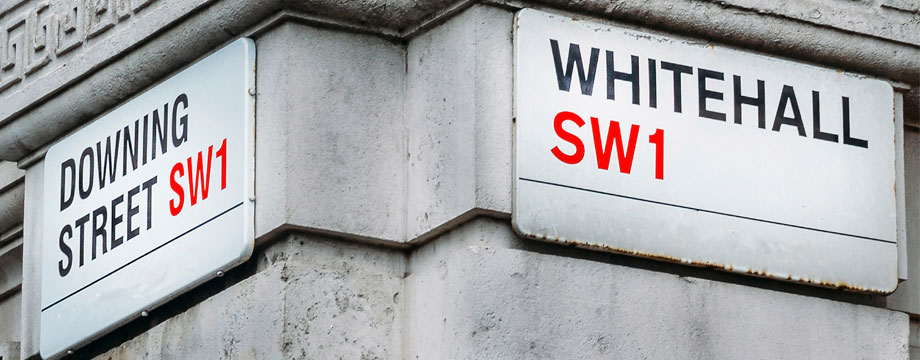After a wave of resignations from his government, PM Boris Johnson announced his exit from Downing Street. There is less than a month remaining in the contest to become the next UK Conservative Party leader and Prime Minister of the nation. What will this mean for housebuilding in the UK? Housing Association Magazine’s Joe Bradbury investigates:
Former exchequer chancellor Rishi Sunak and foreign secretary Liz Truss are the two contenders in the race to be the next PM of Great Britain. Both are competing for the support of the Conservative Party's 160,000 members. According to polling, Truss is currently the front-runner to win.
Housing shortage
Since 2000, successive governments have known that too few homes are being built and set a target of 250,000-300,000 new homes annually. Each year this target is missed. We are now short of around 1.5 million homes.
One in 10 households in need of housing are stuck on council waiting lists for over five years as a result of the chronic shortage of affordable homes. What are the two candidates saying about housebuilding?

Liz Truss
Interestingly, Liz Truss has set out plans to remove planning restrictions and other regulations to boost housebuilding and other development in new investment zones.
Truss, who is now odds-on to beat Rishi Sunak to become Conservative leader, said the new zones are “at the heart of my vision for levelling up”.
She said “We will work with local communities to identify sites ripe for transformation across the country through lower taxes, reduced planning restrictions and red tape. These zones would open the floodgates to new waves of investment.”
The move is intended to create “new hubs for innovation and enterprise” in the spirit of Victorian model villages such as Bournville in Birmingham and Saltaire, in Yorkshire.
She added: “My investment zones will rejuvenate local areas in the same way the London Docklands was regenerated, with new jobs in the industries of the future.”
Rishi Sunak
In an effort to gain support in Conservative strongholds, Rishi Sunak promised to tighten planning restrictions on the green belt if he were to become prime minister of the UK.
When seeking land for development, Sunak, the underdog in the Tory leadership runoff contest with Foreign Secretary Liz Truss, promised to prevent local governments from asking alterations to green belt borders. Any attempts to alter the green belt would be mandated to be immediately rejected by local planners.
However, Rishi Sunak's promise to obstruct housebuilding on green belt land has been criticised as a "desperate" attempt to win over Tory members. Experts have warned that this would greatly worsen the UK's housing crisis and raise living expenses.
With only a few days left till voting in the race for the party leadership to succeed Boris Johnson, and Liz Truss trailing in the polls, Sunak suggested new real estate development should focus primarily on "brownfield, brownfield, brownfield."
He promised the party's base that any council that requested to alter the borders of the green belt in order to make space for housing would be met with a blanket rejection.
"We simply won’t bring the country back together if we don't do something about the housing problem"
In summary
In their 2019 election manifestos, all the main political parties included commitments to increase housing supply in England.
The Conservative manifesto pledged to “continue to increase the number of homes being built” and referred to a need to rebalance the housing market towards more home ownership. It said progress towards a target of 300,000 homes per year by the mid-2020s would continue, which would “see us build at least a million more homes, of all tenures, over the next Parliament.”
It’s a relief that the dearth of accessible, decent, and reasonably priced housing has finally been acknowledged by the government as maybe the biggest social policy concern facing this nation today.
The government's plans to rebalance the economy can only succeed if they include significant emphasis on housing construction. The next Prime Minister would be wise to attempt to provide a ray of hope to a generation of individuals hoping to advance their professions and raise families, as a place to call home is quickly becoming a pipe dream for many in 2022 Britain.
Both Sunak and Truss have claimed that they want to bring the country back together, and this simply cannot happen if we don't do something about the housing problem, which prevents so many families from moving forward in life.
This article and other blog’s by Joe Bradbury appear regularly on Mitsubishi Electric’s The Hub, visit les.mitsubishielectric.co.uk/the-hub
- Log in to post comments














